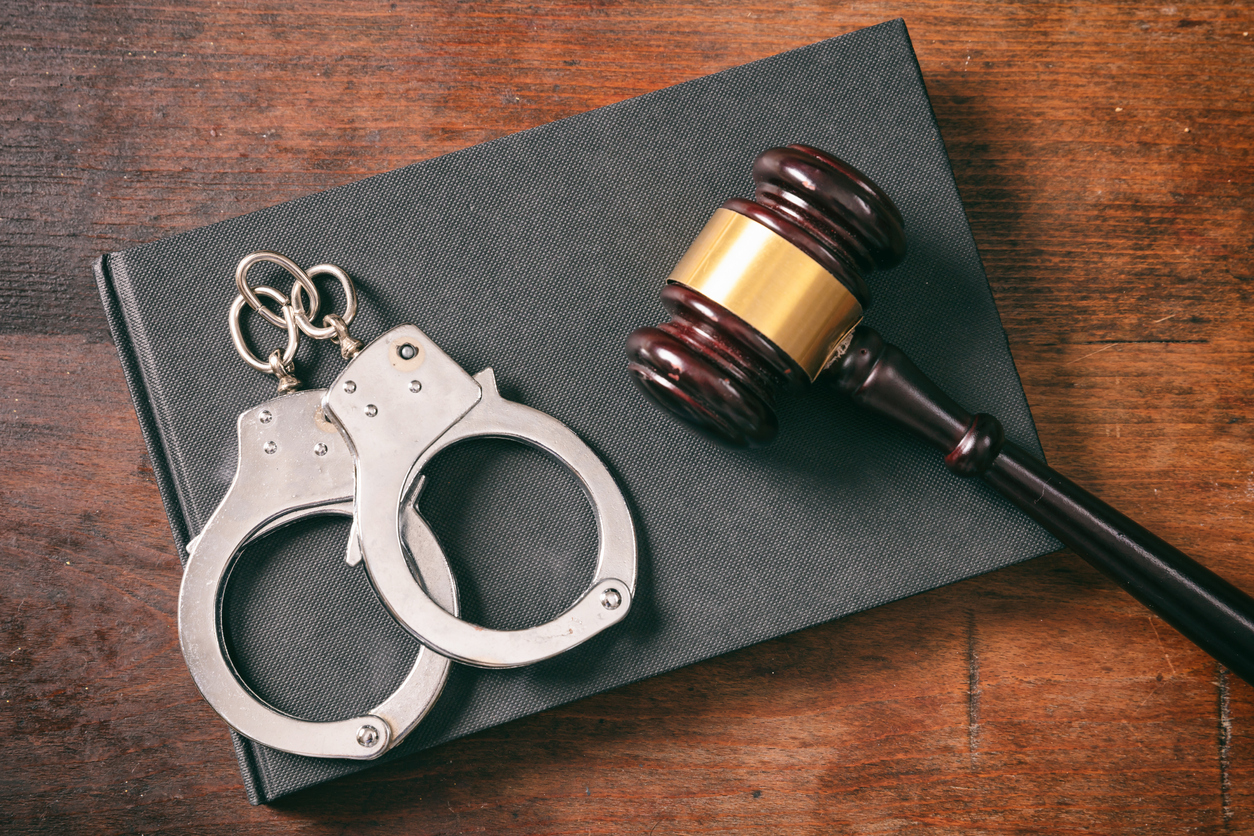What Does it Mean to Have Your Probation Revoked?

Probation is a form of punishment given by the court that allows offenders to live in their community under supervision instead of serving time in jail or prison. It’s often given to low-risk offenders when judges believe rehabilitation outside jail holds more promise than inside one.
When on probation in Los Angeles, you’re expected to follow certain rules known as terms or conditions outlined during the sentencing. These vary depending on many factors, including the judge, the severity of the crime/whether it’s a felony or misdemeanor, and your criminal history.
Common conditions include meeting with a probation officer regularly, taking random drug tests, maintaining employment, and remaining arrest-free.
Summary Probation vs. Felony Probation
Probation can take different forms depending on the severity of the crime committed.
Misdemeanor probation, also known as summary probation, applies to less serious crimes and is unsupervised. You likely won’t have a designated officer checking in regularly.
Felony probation is given for more serious felony offenses. It’s supervised, meaning you’re assigned an officer to whom you must report to. The conditions of felony probation overall are much more stringent than they are for summary probation.
What is a Probation Violation?
A probation violation occurs when you break any condition or rule set in your probation terms. Examples include not appearing for scheduled court hearings, failing to report to your assigned probation officer, getting arrested for another offense while still on probation, or even traveling outside a specific area without the necessary permission.
Keep in mind that the consequences of violating these terms vary depending upon the nature of the breach committed. They could include something minor, like a warning issued by the probation officer, or more serious consequences, like probation revocation.
Probation Violation Hearing – Having Your Probation Revoked
At a probation violation hearing, the judge has three potential options to choose from depending on the circumstances:
Reinstate Probation: If violations are considered minor, the judge might acknowledge that you violated the terms, but decide to reinstate the existing terms in hopes that you will comply with the conditions going forward.
Modify the Terms of Probation: In cases where more serious breaches occurred but jail time seems extreme, the judge could opt for altering the original terms to make them stricter. Examples include a longer probationary period, therapy sessions, anger management, community service, more check-ins with your probation officer, and more frequent drug testing.
Revoke Probation: For repeated or severe violations, the judge may decide that the only option they believe is appropriate is to revoke your probation. If this occurs, you will have to serve the remainder of your probationary term in jail or prison.
The Probation Violation Hearing
No matter what decision the judge makes regarding your probationary term, there must first be a probation violation hearing. A probation violation hearing is where a judge decides if you’ve broken any terms of your probation. The prosecution will present evidence of this breach.
However, it’s crucial to note that during these hearings, prosecutors only need to prove claims by a preponderance of the evidence. This means they just have to show that it’s more likely than not that what they’re presenting is true – there’s more than a 50% chance that the facts are as they are presented.
This requirement for proving their case is significantly lower than the beyond a reasonable doubt standard used in criminal trials.
Once the prosecutor concludes presenting their side, you’ll get an opportunity (usually through your criminal defense attorney) to contest the allegations. You can argue that either the proposed violations never occurred or that if there were breaches, they were not that serious and do not warrant a revocation or change in your conditions.
Based on these arguments, the judge will then decide which side they believe.
How Can a Los Angeles Criminal Defense Attorney Help With a Probation Violation?
If you’re facing a probation violation in Los Angeles, it’s essential to work with a criminal defense lawyer. Here’s how they can help:
Analyzing the Allegations
A Los Angeles criminal defense lawyer will initially evaluate the circumstances surrounding alleged violations and work to protect your rights. They’ll formulate the best possible defense strategies.
Negotiating with Probation Officers and Prosecutors
If violations have occurred, your attorney can reach out to the probation officer and/or the prosecutor to negotiate reduced penalties or alternative punishments on your behalf, like modifying your probation conditions or attending a treatment center.
Representing You at Your Probation Violation Hearing
In scenarios where hearings become inevitable, having a criminal defense lawyer presenting your case before the judge will increase your chance of receiving a fair hearing and potentially staying out of jail.
Should you require assistance with any probation-related matter, don’t hesitate to reach out to a probation violation lawyer.
Contact the Los Angeles Criminal Defense Law Firm of The Rodriguez Law Group Los Angeles Criminal Defense Attorneys Today For Help
For more information please contact the Los Angeles Criminal Defense law firm of The Rodriguez Law Group Los Angeles Criminal Defense Attorneys for a free consultation, give us a call at (213) 995-6767 or visit our convenient location:
The Rodriguez Law Group – Los Angeles Criminal Defense Attorney
626 Wilshire Blvd Suite 460, Los Angeles, CA 90017, United States


